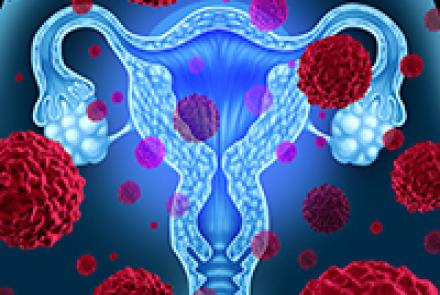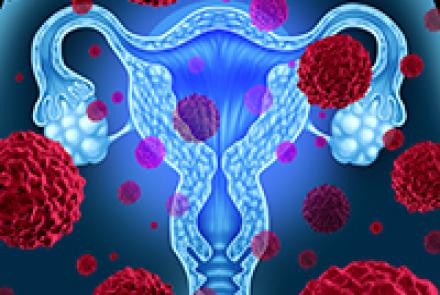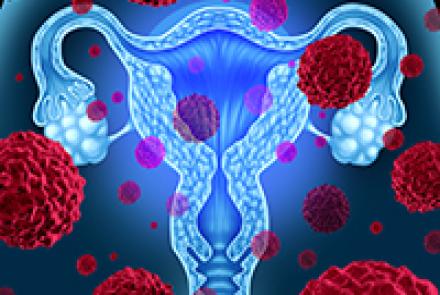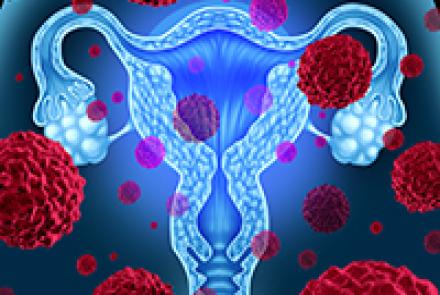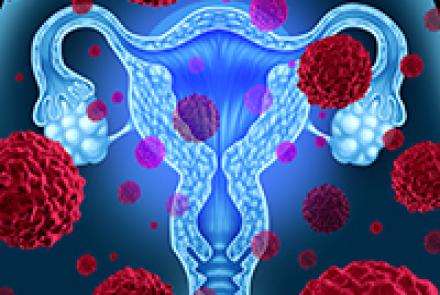
Cervical cancer kills one Indian woman every 7 minutes. Mridu Gupta, Chief Operations Officer, CAPED - Cancer Awareness, Prevention and Early Detection Trust, urges every woman to go for regular cervical cancer screening tests and recommends the HPV vaccine for their daughters.
January was World Cervical Cancer Awareness Month. But nobody is really aware of the fact and nobody really cares. Its only another cancer in a long list of cancers, isn’t it?
No. It isn’t. And you should care. Very much so….
Cervical cancer is one of the leading causes of cancer deaths in our country. Breast cancer and cervical cancer together pose major health hazards for women. India contributes to one fourth of the world’s death statistics in cervical cancer! It is a disease largely eradicated in the western world largely because it is 100% preventable and the West is taking strong preventive measures. India, on the other hand, has zero or near non-existent preventive care awareness.
Cervical cancer is the cancer of the mouth of the uterus and the only cancer that is caused by a viral infection. It is a sexually transmitted cancer with men being the carriers. Almost all women, at some time in their sexual history, will get this viral infection but it doesn’t always turn cancerous. Most women with good immunity are able to flush out this infection normally. But, for some it turns cancerous. And, it has a long 8 – 10 year gestation period. That means, from the time of infection to the point that the cells become cancerous and begin to spread, it takes at least 8 - 10 years!
A simple Pap test can detect pre-cancerous stages anytime during the gestation period. The main purpose of screening with the Pap test is to detect abnormal cells that may develop into cancer if left untreated. The Pap test needs to be done once in 3 years and a cervical cancer specific test which is the HPVDNA test along with the Pap test needs to be done once in 5 years only.
Imagine – a simple test to be done once in 5 years can prevent cervical cancer and yet we lose one woman every 7 minutes to cervical cancer in India! Isn’t that shameful? What will it take to have women take responsibility for their health?
CAPED – Cancer Awareness, Prevention and Early Detection is an organization that is trying to create awareness of cervical cancer. We urge every woman to study the literature and decide for yourself how important is prevention for you and the other women members of your family. Learn about cervical cancer and spread the information to others. Create a chain and protect women everywhere. Tell your domestic helper and your elders who are not tech-savvy enough to read up on the latest information. Create Awareness.
A Cervical Cancer Vaccine had also been introduced into the market about 10 years ago. The FDA has cleared the vaccine for girls of 11 years to women of 45 years. Ideally, it needs to be administered before girls get sexually active. The younger the child, the better her body is able to make antibodies. (That is why we vaccinate children for all diseases at a young age). The Western world has mixed reviews on the vaccine, which is understandable, because they don’t have a high incidence of the disease. India, on the other hand, has to take all radical steps to eradicate the disease. Once cervical cancer is brought under control we too can pick and choose our preventive measures.
Till such a time, CAPED urges mothers to speak to their paediatrician or gynaecologist and decide about the vaccine for their daughters and themselves. Make an educated decision and make sure your daughter is aware of your decision. If she is vaccinated, she should be told about it and she will still need a Pap test once she becomes sexually active. If she is not vaccinated please inform her about the Pap test and cervical cancer so she is aware about her health responsibilities even before she becomes sexually active.
Women, its about you and me and our girls and our health. Lets take it seriously. A very small act can save a huge disaster from occurring. Lets do it. Be aware, be safe!

